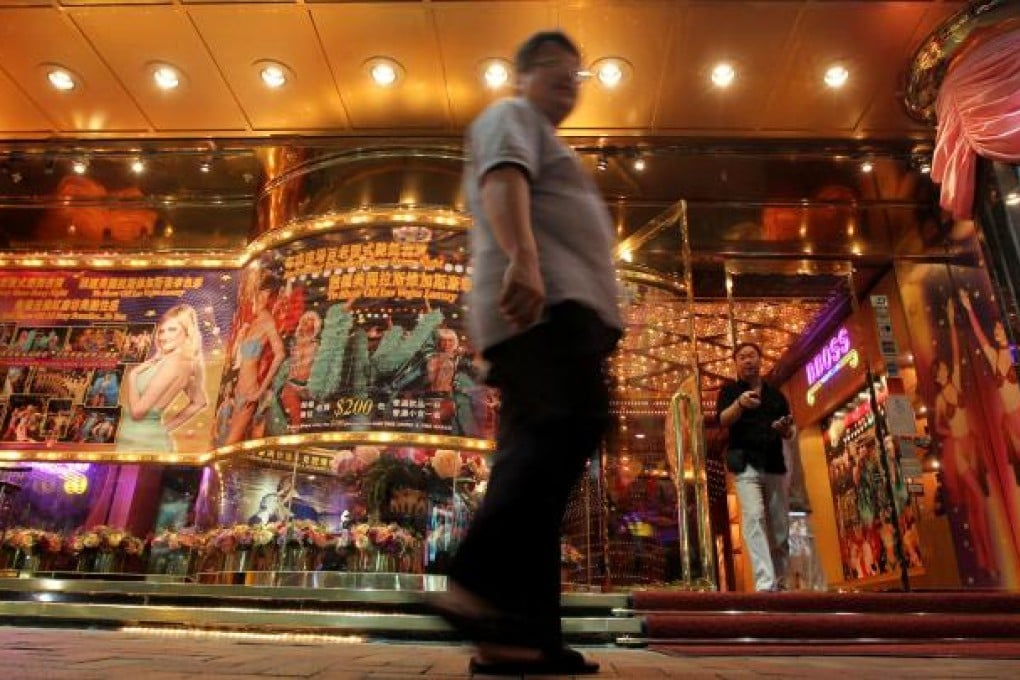
China's opening to the West has brought fundamental change to Hong Kong, and among the losers from the transformation have been the city's once-famous nightclubs.
This year the two biggest have closed: Club Bboss and its nearest competitor, Club Paris. Only Club de Hong Kong survives, where punters face a minimum door charge of HK$2,500 to HK$3,000.
Back in the heyday of the 1980s, customers at Club Volvo (renamed Club Bboss due to legal action from the carmaker) would be driven to their private booth in golf carts kitted out as gold Rolls-Royces. This was nouveau-riche conspicuous consumption, with sometimes shady business deals done under the cover of whirling lights and lavish floor shows.
"There was a latent violence. You felt you were in the presence of people who would do something untoward if you looked at them wrong, as if you're in one of those Cantonese movies when everything is about to explode around you," remembers a cameraman who filmed there in the early '90s.
But as Hong Kong's manufacturing moved to southern China, so did many of its businessmen, and their taste in nightlife. When Club Bboss closed this year, one 20-year-old hostess told reporters she was choosing to retire as this kind of nightclub was a "sunset industry" in Hong Kong. Her predecessors started real estate empires and bought Mercedes cars on the proceeds of their work.
When it opened in 1984, the deputy director of the Xinhua news agency, whose building was then the de facto embassy of Beijing in still-British Hong Kong, was asked to cut the ribbon. The dance floor could hold 400. Decor ranged from ersatz Versailles to Japanese, always with a generous helping of glitz.
